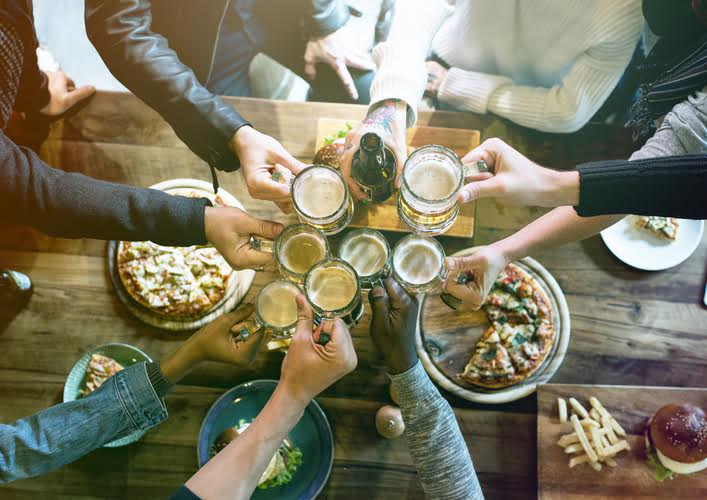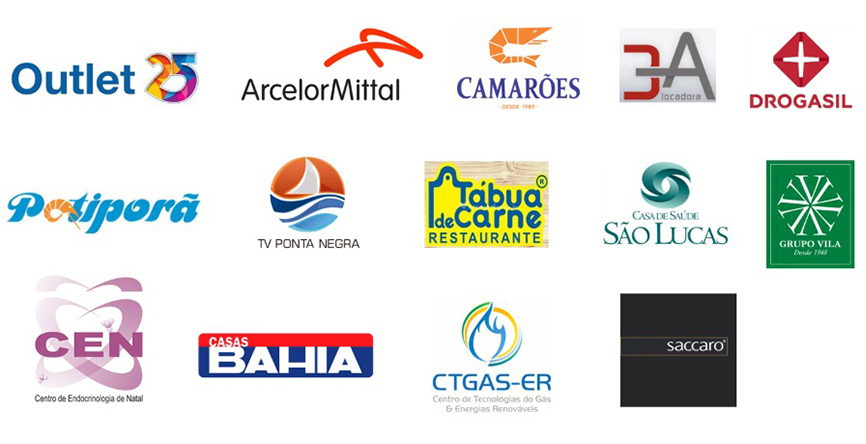Areas of executive function regain capacity for impulse control, self-regulation, and decision-making. Although addiction tends to cut people off from longtime friends, social support is a significant predictor of recovery. They may know something about the person’s deepest aspirations and voice them as a reminder that can help the person remain on the road to recovery. And they can help plan healthy joint activities to ensure that there are good days.

The Importance of Family and Couples Therapy in Recovery
- But new meaning and purpose can come from many sources— family, social connections, work, or renewed recreational interests.
- The type of medication a doctor prescribes depends on the type of addiction that is being treated.
- This may sound paradoxical but it’s a clear marker of having gone through the internal change and come out more than free from addiction.
- Another one of the most important ways to support recovery is to understand that multiple relapses over a number of years are typically part of the process.
- He did all the work, though, and is now a wonderful father of a young boy and partner to his son’s mother.
By engaging in a professional treatment program, you can begin the path to happier, healthier, and sober living and learn improved coping skills so you can live a drug- and alcohol-free life. For some people, committing to complete abstinence is not desirable or is too daunting a prospect before beginning treatment. Many people desire only to moderate use and bring it under control. In fact, there is growing support for what is called harm reduction, which values any moves toward reducing the destructive consequences of substance abuse. Researchers find that taking incremental steps to change behavior often motivates people to eventually choose abstinence. Nevertheless, many treatment programs, including Alcoholics Anonymous, require a commitment to complete abstinence as a condition of admission.
Family Matters
- No matter which pathway of recovery a person chooses, a common process of change underlies them all.
- By learning about addiction and recovery, your loved ones can move from feeling helpless to becoming active partners in healing.
- Therapists help you break down overwhelming goals into manageable steps, keeping motivation high.
- While it can take a great deal of courage to pursue adding to a personal patchwork, it is imperative to have appropriate clinical, self-help, loved one, or coaching support when making these shifts.
- The core thinking is that chronic, immoderate drug use causes brain pathology, which itself ultimately controls a person’s behavior such that drug use becomes compulsive.
- I’ve helped thousands of people better understand the risk and protective factors that influence why one person develops addiction when another doesn’t.
- Your relationships and friendships are likely to change as you overcome your addiction.
Brains are plastic—they adapt to experience—and people can change and grow, develop an array of strategies for coping with life’s challenges and stressors, find new means of satisfaction and reward, and negotiate life ahead. Millions of people do, whether they were once compulsive users of opiates, alcohol, or gambling. Her Therapeutic Play Foundation offers activities designed to improve resilience and coping skills through creative arts, play and sports. It provides individual, couples, group and family therapy for Black, Latinx, LGBTQ+ and other members of marginalized populations. In addition, self-care is a vital foundation for a healthy new identity. At the very least, self-care should include sleep hygiene, good nutrition, and physical activity.
Tips for Overcoming an Addiction
People often take a myopic view when they begin seeking help for addiction. The consensus is that people in recovery want freedom from their drug or compulsion, whether that be drugs, alcohol, food, sex, or gambling, to name a few. Opioid use disorder https://thetennesseedigest.com/top-5-advantages-of-staying-in-a-sober-living-house/ (OUD) is defined as a problematic pattern of opioid use that causes significant impairment or distress. Substance use disorder (SUD) is defined as a problematic pattern of substance use leading to clinically significant impairment or distress.
What is the Role of Therapy in Recovery?
- In one study, two-thirds of the adults relapsed in social situations in which they experienced urges and temptations to drink or use.
- Don’t think only about the negative aspects of your object of addiction; think, too, about the benefits it offers.
- I recently published an article making a plea not only for heterogeneity but agnosticism about the brain disease model, which is my current position.
- Recovery is characterized by continual growth and improvement in one’s health and wellness and managing setbacks.
- Medications can be utilized to treat symptoms of withdrawal, help people remain in treatment, and prevent relapse.
The goal, Rutherford explains, is to construct a “recovery story” built from both qualitative and quantitative data for each individual seeking support. My approach definitely isn’t popular (yet), but I am developing the Raising Resilient and Addiction-Resistant Top 5 Advantages of Staying in a Sober Living House Kids program to provide a viable alternative to abstinence-only messaging. Each semester that I taught college courses on addiction, I was dismayed by students’ lack of basic knowledge about what psychoactive substances actually do in their brains and bodies.
The change destabilizes the adaptation the family has made—and while the person in recovery is learning to do things differently, so must the rest of the family learn to do things differently. Otherwise, their behavior is at risk of cementing the problem in place. Peer or mutual support is not restricted to AA or NA; it is available through other programs that similarly offer regular group meetings in which members share their experiences and recovery skills. SMART Recovery is a secular, science-based program that offers mutual support in communities worldwide as well as on the internet and has specific programming for families.
Treat Co-Occurring Mental Health Conditions
Such a simple maneuver maintains all the behavioral actions of drinking—while eliminating the active drug (ethyl alcohol)—and that can be enough to at least partially mollify the brain’s reward pathway. A lot can be at stake in a relapse, including life itself; doing whatever is necessary to ensure a way out of high-risk situations is essential. Having a “parachute” ready for such eventualities takes a little preparation and knowledge that some situations (such as a social event or party) will in fact be high risk. Strategically avoiding an event, a person, or a situation with a polite excuse can yield lifesaving dividends, especially early in recovery. No matter the pathway to recovery, the mechanisms by which people change are the same.

